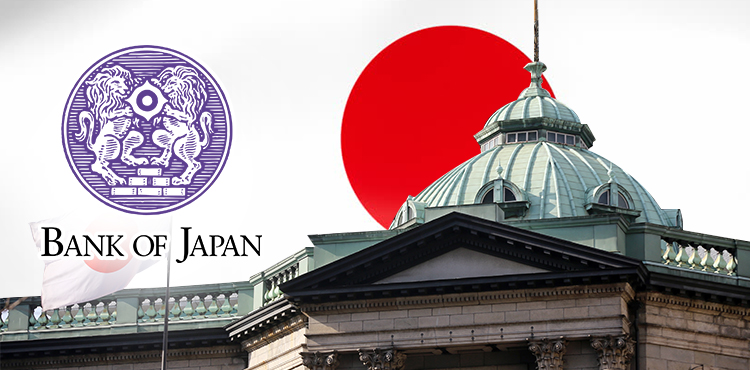Bank of Japan Governor Kazuo Ueda is poised to elevate interest rates on Friday to levels not seen since 2008, following a relatively stable reaction from global financial markets after the return of U.S. President Donald Trump to the White House.
As per a Bloomberg report citing sources familiar with the matter earlier this month, BOJ officials were optimistic about a potential rate hike at the conclusion of this week’s two-day meeting, assuming Donald Trump’s actions didn’t introduce significant negative surprises.
Meanwhile, if the move for interest rate hike materializes, it would mark Ueda’s third rate increase within a year, reversing a 17-year trend with no rate hikes before March 2024.
The expected quarter-percentage-point increase would be the largest since 2007, reflecting the BOJ’s efforts to normalize monetary policy as the Federal Reserve and the European Central Bank consider pausing their easing strategies.
Ueda’s perspective on future rate increments will be a focal point on Friday, especially in light of market disruptions following the previous rate hike in July.
Chotaro Morita, chief strategist at All Nippon Asset Management Co., indicated that the BOJ is set to raise interest rates, noting the absence of significant disruptions or stock market declines on President Trump’s first day back in office.
As of Wednesday morning, overnight-indexed swaps reflected a more than 90% likelihood that the central bank would raise interest rates, a significant increase from just 41% at the end of December. Approximately 75% of economists surveyed anticipate a rate hike decision on Friday.
With a broad consensus among economists anticipating a rate hike, the central bank faces the challenge of managing expectations and avoiding criticism over its signaling strategy. Observers will be closely monitoring the BOJ for indications of subsequent rate hikes as the policy rate gradually approaches the forecasted 1% terminal rate.
In addition, Hirofumi Suzuki, chief FX strategist at Sumitomo Mitsui Banking, suggested that the BOJ is likely to implement rate increases approximately every six months, indicating that a rapid series of hikes is not expected by the central bank.





